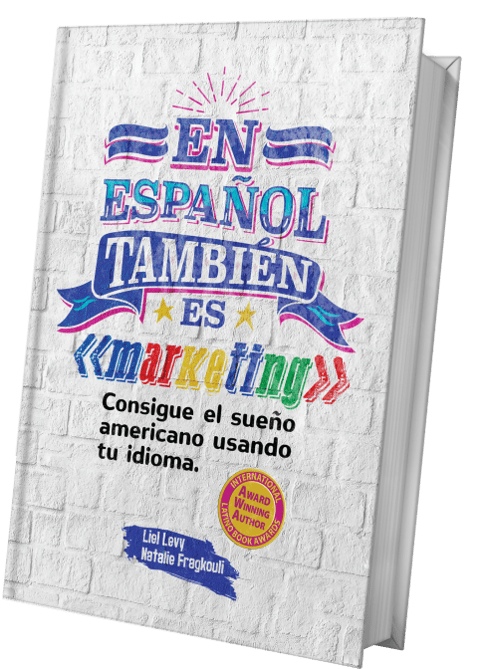Did you know that your competitors can show Google Ads over your Law Firm’s organic result, trying to take advantage of your brand name? No matter if you consider this unethical, Google does not and it happens, so here’s what you need to do to act proactively.
Law Firms, just like yours, invest in digital marketing to increase their caseload and maximize their ROI. One of the most obvious choices is PPC and Google Search Network Ads. Depending on your practice areas and location, each click might be costing over $100, and attorneys are trying to find alternative ways to attract prospective clients at the best possible CPA. Let’s consider that you invest in bilingual PPC; you are building your brand image through Display Ads and Facebook Ads, and among your marketing mix, you have started receiving some awareness leading to branded organic search. Other law firms are always on the lookout for ways to attract potential clients, and you might find yourself losing clients to them, even if they were initially searching for your law firm. Did you know this can happen, and are you prepared to tackle it? In this article, we’ll guide you through the steps you need to take to identify this issue and give you tips on how to stay two steps ahead.
- How can you identify if other Law Firms are showing ads over your organic result?
- Perform a search query for your law firm. If your law firm branding is under your name, you can try “Attorney,” followed by your name. In any other case, you can also try using your brand name. That’s the first indication if another lawyer is showing ads over your organic results.
Below, you can find two examples of a law firm in Boston showing branded ads. In the first case, it’s on the top of the page, over the local search results, while on the second, you’ll notice that the law firm is showing an ad over the competitor who is trying to steal its prospective clients.
- Login to your Google Ads account, reach the keyword planner and search for your law firm’s brand name. If Google has attributed you a CPC, it means that competitor law firms are either actively showing ads, or have done it in the past. The more established your law firm is, the higher the chances for your brand terms to show their own search volumes as keywords. Other lawyers know that prospective clients search for you, and can verify that by using tools such as SEMrush.
Below you can see the example of an attorney based in Houston, to whom Google has attributed a CPC. It means that historically other law firms have been bidding on the branded keyword and have been showing ads over their organic result.
- Perform competitive research through tools like SEMrush to identify law firms that can actively come after your branded traffic. These tools provide you with valuable data and reports that help you monitor your local market and stay on top of it, acting proactively without needing to run after the developments of matters. Most of the trustworthy resources operate under a paid subscription, but you can start with the free account and afterward identify your needs.
Here is an example of how a competitor’s result page looks.
Moving forward, we need to single out the methods you can use to fix such an issue upon occurrence.
- Use your personal connections. The attorney who’s showing ads over your organic traffic might not be aware of the matter, as it might be his team or the agency that collaborates with the law firm that went on with the branded campaign. If you’re familiar with the law firm, you can try picking up the phone or emailing them to solve the issue quickly and efficiently. Sometimes, all it needs is just a proper discussion and explanation.
- Find out if there are any violations of Google policies in the ad and report it. Competitors are allowed to advertise over your branded queries, but not in a misleading way. If you notice that another law firm uses your name in its Ad copy, you can dispute it to Google. If you need assistance on how to do this, feel free to reach out to us.
- Set up your law firm’s branded Google Ads campaign. The beauty here is that Google understands that your ad is more relevant compared to your competitor’s, and it will attribute you a higher quality score, allowing you to stay on the top spot, at a lower CPC.
Tip: Remember to not limit your branded ads research and campaigns in English, as other law firms could be after your Hispanic branded pages.
What are the key takeaways?
- Not matter if we’d consider this practice as potentially unethical, we’ve seen it occur multiple times. If it doesn’t violate the terms of service, Google allows it, so your law firm should be prepared to play under these rules.
- If you find any violations (such as mentioning your name in the Ad copy), you can report it to Google.
- Be prepared and act proactively, monitor your market, and your keywords, and stay on top of the developments instead of fixing them.
- Use branded Google ads for your own law firm. Nobody wants to pay for something that could come organically, but you don’t need to take chances with your valuable prospective clients. Your relevancy, combined with a well-written and compelling ad copy, can guarantee you the top spot at a competitive CPC.



